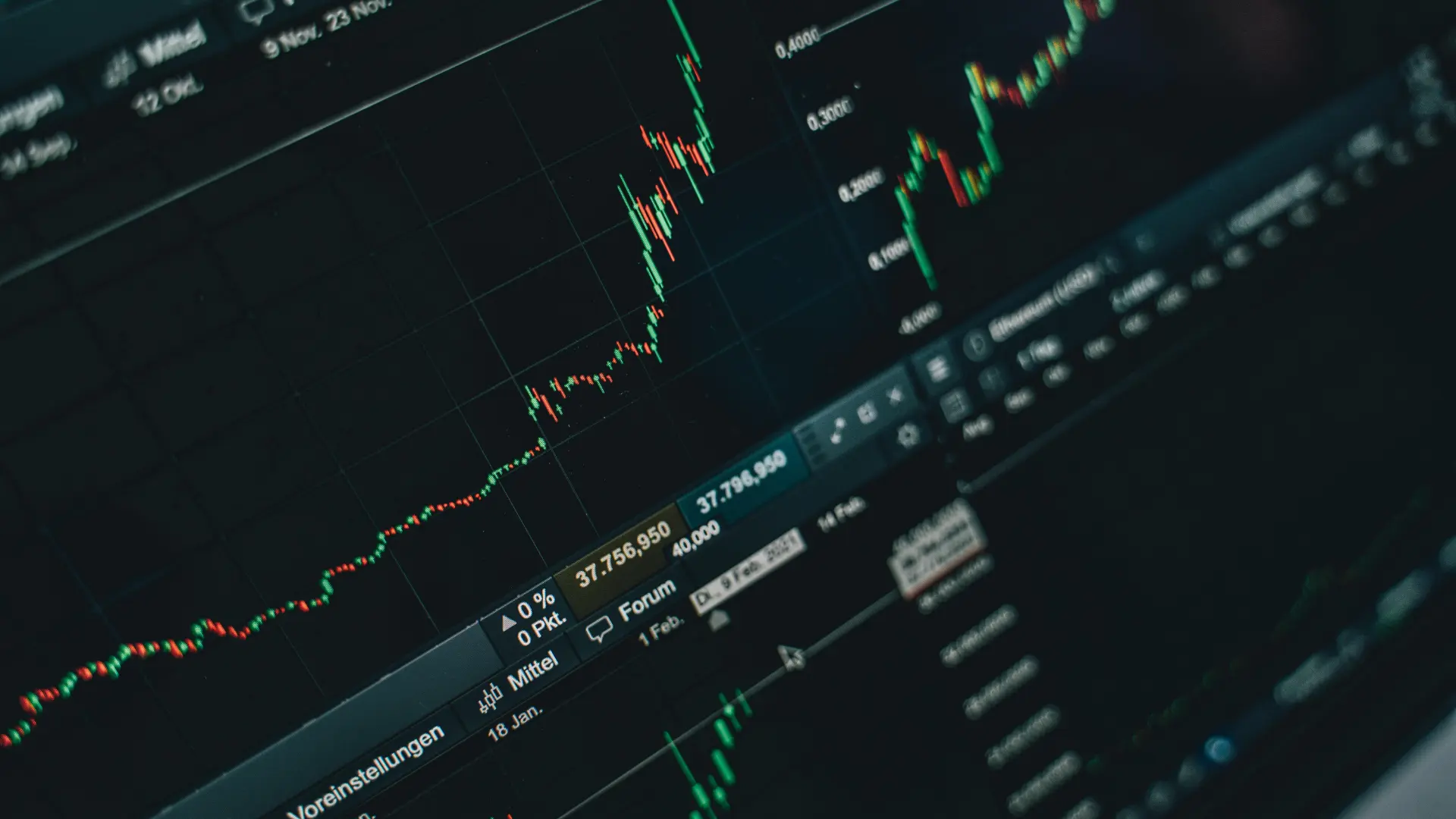The Role of Emotions in Trading
Written by Emma on September 11, 2024.In a fast-paced trading environment, emotions take a central role in shaping decision-making processes and outcomes. It is important to understand the profound impact of emotions on traders’ behaviour, performance, and well-being. By acknowledging and accepting the emotional nature of trading you can develop resilience and coping strategies to navigate the inevitable ups and downs with confidence and composure.
The Main Emotions in Trading
The two main emotions people battle with in trading are fear and greed. They can cloud judgment, cause you to deviate from your trading plan, and self-sabotage. Understanding why these emotions occur is critical for traders seeking to master emotional control.
Fear
Fear often arises when traders perceive a potential loss of capital. The fear of loss can lead to hesitation, indecision, and an aversion to risks, leading to missed opportunities. This fear can be exacerbated by factors including uncertainty in the markets, past trauma or failures, and even cognitive biases such as loss aversion and confirmation bias.
One of the primary psychological challenges associated with losses is a fear of failure. Many traders can perceive loss as a reflection of their abilities or competence, this leads to feelings of self-doubt and inadequacy. To overcome this fear traders must recognize that losses are an inevitable part of trading and they do not Define your worth as a Trader. Attempting to ignore or deny fear is something that we shouldn’t do.
Fight, Flight, and Freeze

It’s essential to understand what the driver behind fear is to tame it. The fight, flight, and freeze response is an ancient survival mechanism designed to protect us from perceived threats when faced with danger. Our bodies undergo a cascade of physical responses and it prepares us to take on challenges.
While this is an exemplary example of our biological response saving us in times of trouble, it can negatively impact trading.
How it relates to trading
These fight, flight, and freeze responses are triggered not by a physical peril but by perceived threats to financial well-being such as a sudden market downturn or a string of losses. It’s a powerful force in trading and is capable of dictating success or failure in the markets.
Greed
Greed can drive traders to chase profits, take excessive risks, and deviate from their trading plans ultimately leading to significant losses.
This can ultimately result in a negative psychological state, leading to negative behaviours. Greed can drive you to take unnecessary risks including risking your interpersonal relationships.
Confidence vs Greed
Don’t mistake greed for confidence. While it is important to be confident in your trading abilities, greed can lead to a feeling of overconfidence. To avoid this it’s essential to address the root cause of where the greed is coming from.
Tools to Deal with Emotions in Trading

The attempt to suppress emotions can manifest in physical symptoms such as increased heart rate, sweating, and difficulty concentrating. All of these factors can further impair trading performance. You can develop techniques for managing these emotions that may involve techniques such as deep breathing, mindfulness, hypnosis, or working with your subconscious mind.
Meditation
Meditation is a practice that involves training your mind to focus and redirect your thoughts. It is not about emptying your mind, rather it’s about observing your thoughts without judgment. It introduces a sense of inner calm and clarity.
Start your meditation journey by finding a comfortable and quiet space. From there pay attention to your breath, thoughts, and your body. You can learn a lot about your emotions through a quick meditation session.
A Positive Environment
A positive trading environment can minimize distractions while promoting clarity and calmness. Having a comfortable space to trade helps manage of emotional triggers.
Visualization
Visualization is powerful, and it involves creating mental images or desired outcomes or experiences that you want in your life. You may see yourself as a third person, but as you progress in your visualization you can even be in a space and experience where you’re actually in your body.
- Find a comfortable and quiet space.
- Close your eyes.
- Take a few deep breaths.
- Think about where you want to be, what you want to see in your future, what you want to achieve, and how you want to perform.
Deep Breathing
Breathe work will help you go from a heightened state of stress to complete calm within 90 seconds. Here we walk you through the 7/11 technique.
- Breathe through your nose or mouth for a count of 7.
- Hold for a count of 1.
- Exhale through your mouth for a count of 11.



